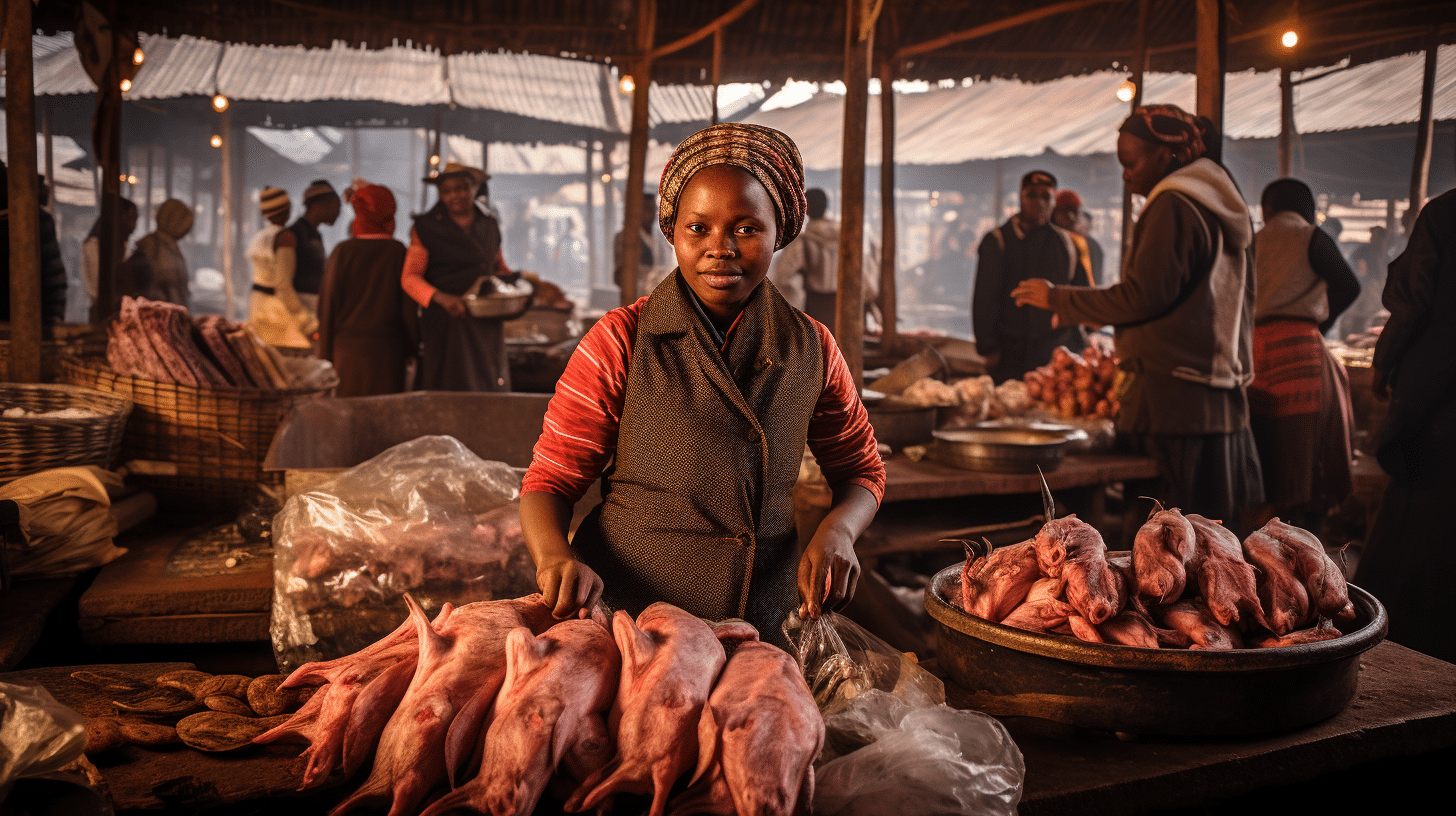Pig farming in Kenya is one of the growing businesses in Kenya and those Kenya who do this type of farming in large scale benefit so much in the market. Majority of Kenya do pig farming on small scale basis, that, they keep few pigs in their farms. Although the general livestock markets are spread throughout in Kenya, there are few specific market places for pigs.
Although people may wonder if there are specific market for pig in Kenya. The truth of the matter is that pig farming in Kenya also market and these markets include:
Farmer’s Choice Limited in Kenya
This is the largest privately own abattoir in Kenya. It is located in outskirts of Nairobi city and combines both the act of slaughtering and processing the pork. Some of the pork produced issupplied to big tourist hotels in Nairobi, supermarkets, restaurants and other retail outlets while others are exported outside Kenya.
Ndumboni Farm Slaughter House in Kenya
This abattoir is located in Kikuyu district, Kiambu County and they deal with slaughtering of pigs only. They only slaughter approximately forty five (45) pigs per day and these pigs come from Kiambu County and surrounding areas after which it is supplied (pork) to most of the butcheries in Nairobi.
Lyntano Slaughter House in Kenya
This is the smallest abattoir of pigs in Nairobi. It slaughters between six to ten pigs in a day and it is being supplied by Nairobi and Kiambu County. The pork is then supplied to the people of Nairobi.
Kabati Slaughter House in Kenya
This is an abattoir that combines two operations; the slaughtering of pigs and other animals (cattle, goats and sheep). These operations are done separately in this abattoir. It is located in Murang’a South District and it is supplied (pigs) by residence of Muran’ga with few coming from Thika town, Machakos town, Nyeri town, Kirinyanga and Nyahururu town. The main market of pig carcasses is Thika town which.
Nakuru town is another town that has their own slaughter slabs for pigs due to small scale practice of pig farming. The pig carcasses are just sold to the town dwellers of Nakuru.



0 comments